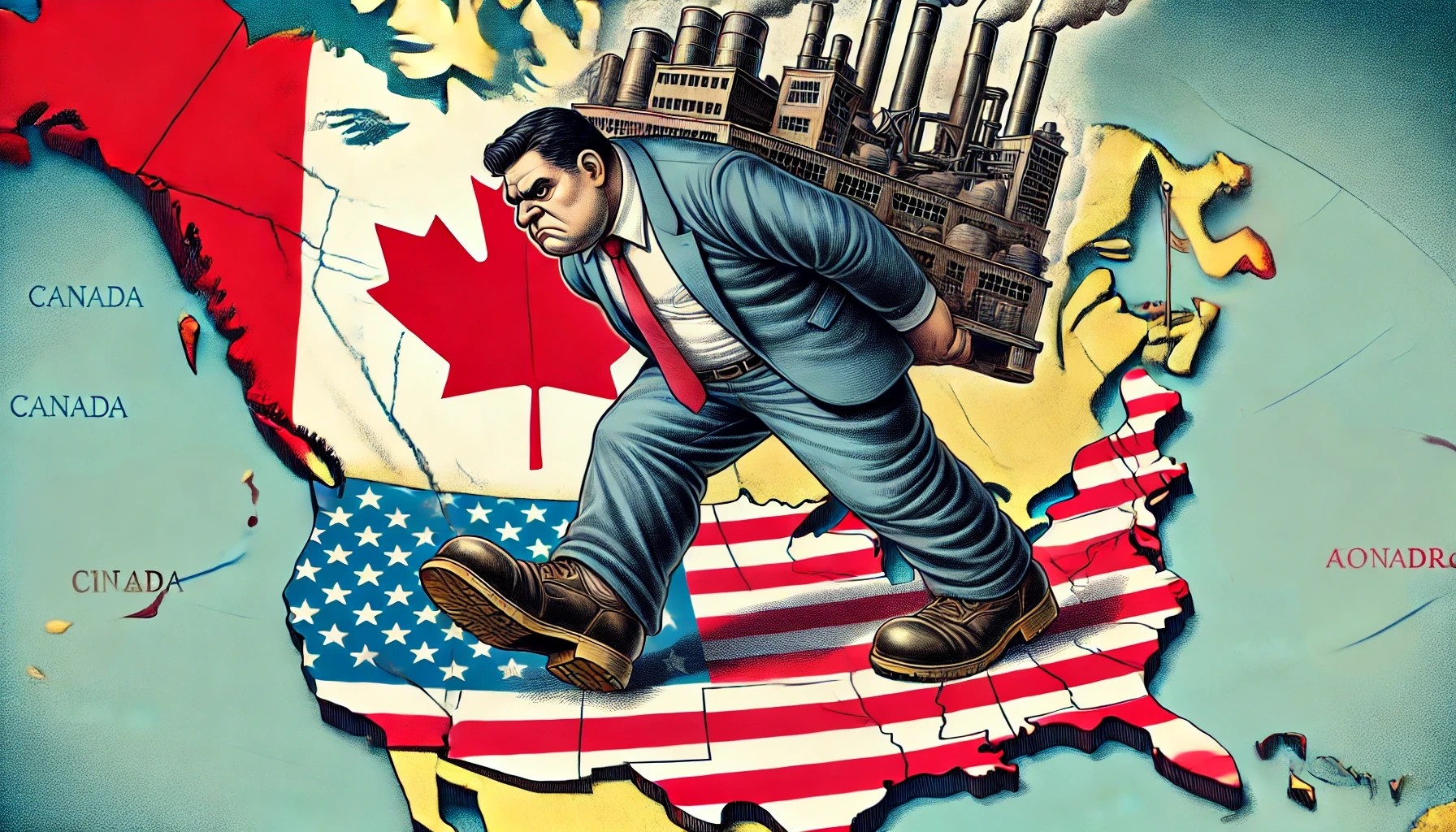
3221. Firms Moving to the US Pay a Tariff Equivalent
An argument that moving production to the US incurs costs similar to tariffs, affecting foreign exporters and highlighting misconceptions about trade policies.
your daily dose of economic commentary

An argument that moving production to the US incurs costs similar to tariffs, affecting foreign exporters and highlighting misconceptions about trade policies.
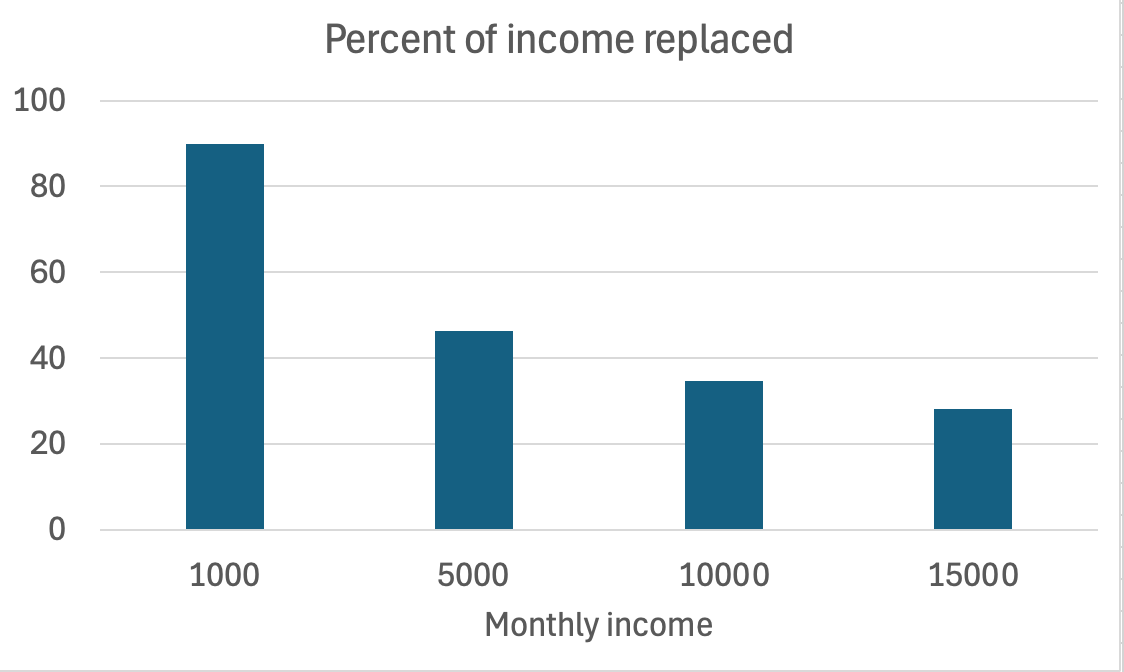
An argument that misconceptions about Social Security, fueled by prominent figures, highlight the need for better understanding of the program's mechanics and sustainability.

The content explores the differences in applying difference-in-differences methodology, focusing on parallel trends and issues with already treated comparison groups.
Tyler Cowen discusses the implications of Manus AI's development and its potential impact on U.S.-China relations and governance structures.
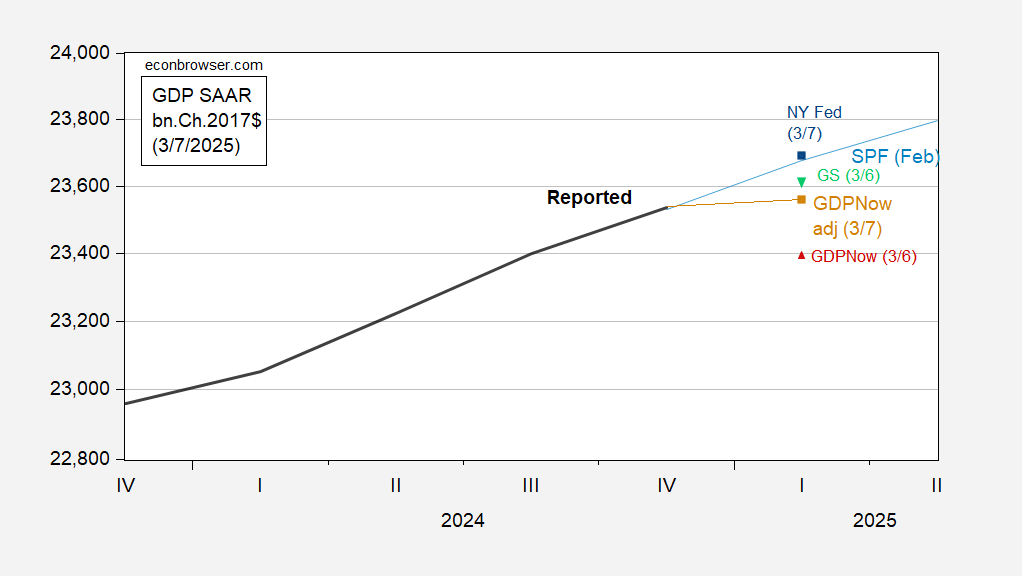
An argument that GDPNow's predictions for Q1 show a decline in economic growth estimates, highlighting various forecasts and adjustments related to GDP calculations.

Noah Smith discusses N.S. Lyons' views on the end of the Long Twentieth Century and its implications for liberalism and contemporary politics.

Paul Krugman discusses tariff policy shifts with Mary Lovely, highlighting their economic implications and the unexpected nature of recent trade decisions.

Noah Smith discusses the impact of Trump's administration on the economy and public sentiment, highlighting chaos and disapproval among Americans regarding his policies.

Andrea Hsu discusses a lawsuit by multiple states against the Trump administration over the mass firings of federal employees.

Bill McBride discusses the key economic reports scheduled for the week of March 9, 2025, including CPI and job market data.

Scott Neuman discusses the recent failures of space ventures and the "fail-fast, learn-fast" approach in spacecraft development.
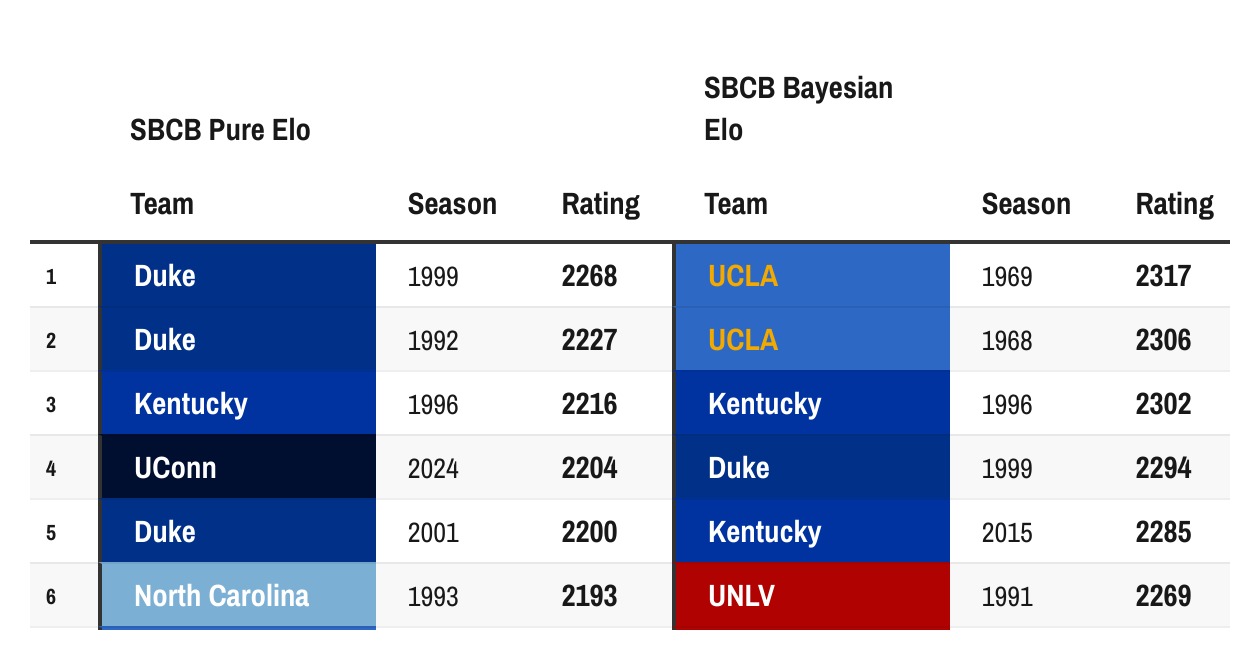
Nate Silver explains the SBCB ratings system, detailing how it builds on the Elo rating method to evaluate college basketball team performance.
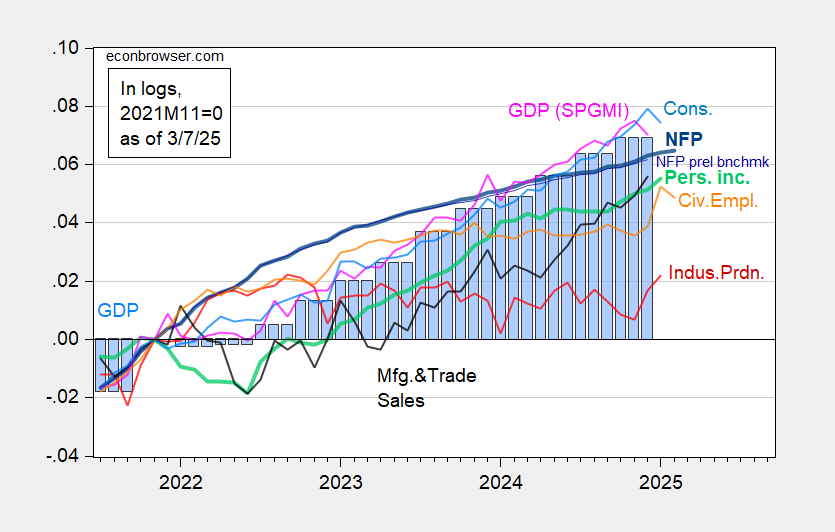
Menzie Chinn analyzes employment indicators and economic data for February, discussing trends and projections related to the business cycle.

Bill McBride discusses the decline in COVID deaths and the decision to continue monitoring metrics despite meeting previous goals.

Sally Helm discusses the complexities of starting a bank, highlighting the regulatory challenges and potential economic impacts of bank failures.

David Henderson discusses Herb Stein's insights on the balance of payments, addressing misconceptions about deficits and their implications for the economy.

Bobby Allyn discusses a letter from House Democrats to Rubio seeking clarification on a canceled plan involving taxpayer money for Tesla's armored electric vehicles.

Jon Murphy discusses the dangers of authoritarianism, emphasizing its seductive nature and the potential for arbitrary power to backfire, regardless of initial intentions.

Paul Krugman discusses the February jobs report, emphasizing its insignificance and the ongoing effects of the Biden economy amidst early Trump administration policies.

Bill McBride discusses the stability of asking rents year-over-year, highlighting factors like increased supply and vacancy rates in the housing market.